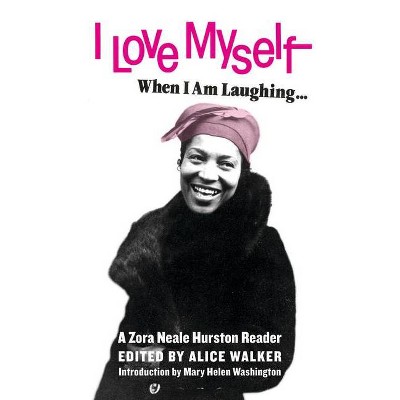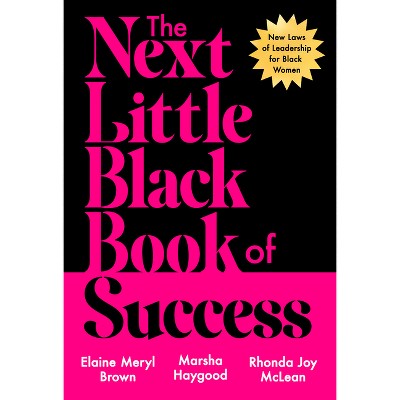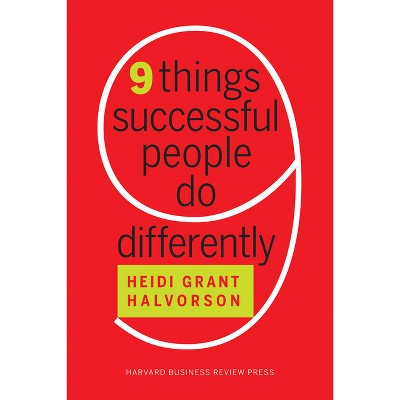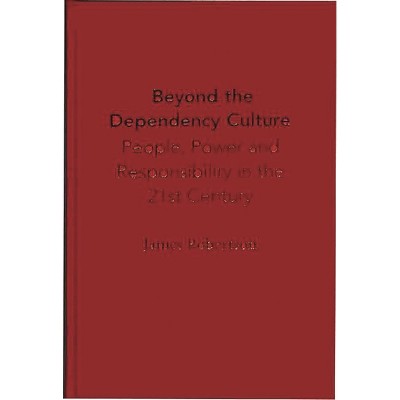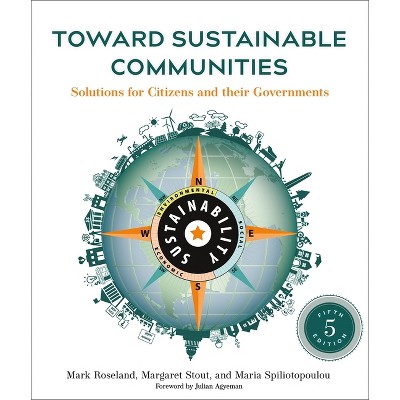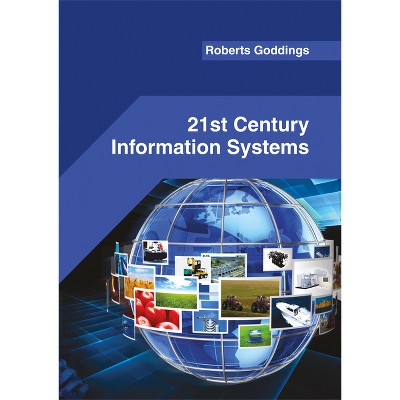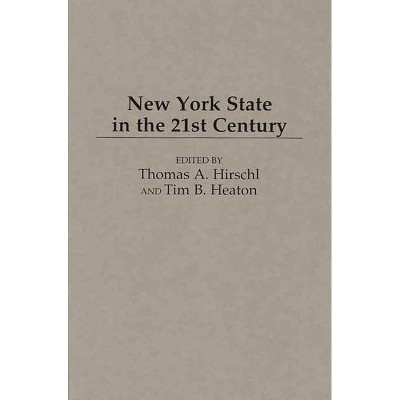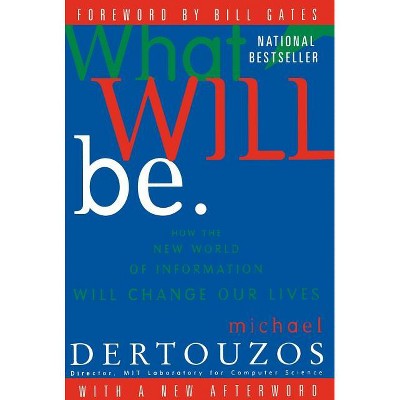Sponsored

Sustainable Global Communities in the Information Age - (Praeger Studies on the 21st Century (Paperback)) by Kaoru Yamaguchi (Paperback)
In Stock
Sponsored
About this item
Highlights
- Because the Information Age is so extremely different from the Industrial Age, the socioeconomic systems that will evolve will be different as well.
- About the Author: KAORU YAMAGUCHI is Professor on the Faculty of Management Sciences at Osaka Sangyo University, Japan.
- 248 Pages
- Social Science, Future Studies
- Series Name: Praeger Studies on the 21st Century (Paperback)
Description
About the Book
Because the Information Age is so extremely different from the Industrial Age, the socioeconomic systems that will evolve will be different as well. The systems based on capitalist market economies and socialist planned economies proved to be neither sustainable nor community based. The scholars who contributed to this volume, including Nobel Laureates and other leaders in diverse fields, consciously look to new socioeconomic systems that would be sustainable and would be community-based.
The failure of the Industrial Age is partly due to the education system peculiar to that age, which only values highly fragmented specialists, without questioning the interrelationships of professions and fragmented viewpoints. In the emerging Information Age, a new type of higher-education system, one focused on holistic viewpoints, is needed to unify fragmented professions. This and other future-oriented visionary perspectives emerge from this collection--one that will be of great value to all researchers and thinkers concerned with the new opportunities arising from the emerging Information Age.
Book Synopsis
Because the Information Age is so extremely different from the Industrial Age, the socioeconomic systems that will evolve will be different as well. The systems based on capitalist market economies and socialist planned economies proved to be neither sustainable nor community based. The scholars who contributed to this volume, including Nobel Laureates and other leaders in diverse fields, consciously look to new socioeconomic systems that would be sustainable and would be community-based.
The failure of the Industrial Age is partly due to the education system peculiar to that age, which only values highly fragmented specialists, without questioning the interrelationships of professions and fragmented viewpoints. In the emerging Information Age, a new type of higher-education system, one focused on holistic viewpoints, is needed to unify fragmented professions. This and other future-oriented visionary perspectives emerge from this collection--one that will be of great value to all researchers and thinkers concerned with the new opportunities arising from the emerging Information Age.Review Quotes
?This text should not be missed by anyone writing a mission statement, or indeed any kind of planning involving visioning and development ethics.?-Journal of the Community Development Society
"This text should not be missed by anyone writing a mission statement, or indeed any kind of planning involving visioning and development ethics."-Journal of the Community Development Society
About the Author
KAORU YAMAGUCHI is Professor on the Faculty of Management Sciences at Osaka Sangyo University, Japan. At the invitation of Jim Dator, he joined the World Futures Studies Federation in 1987, while he was teaching in the Economics Department, University of Hawaii. Since then he has been actively involved in futures studies, presenting his integrated economic theories at the world conferences in Beijing (1988), Budapest (1990), and Barcelona (1991). In June 1992, he was invited to attend the UNESCO seminar on Teaching about the Future in Vancouver, where he emphasized the need for a higher institution for future-oriented studies and proposed a series of future-oriented interdisciplinary seminars on Awaji Island, Japan.Shipping details
Return details
Frequently bought together
Trending Non-Fiction









